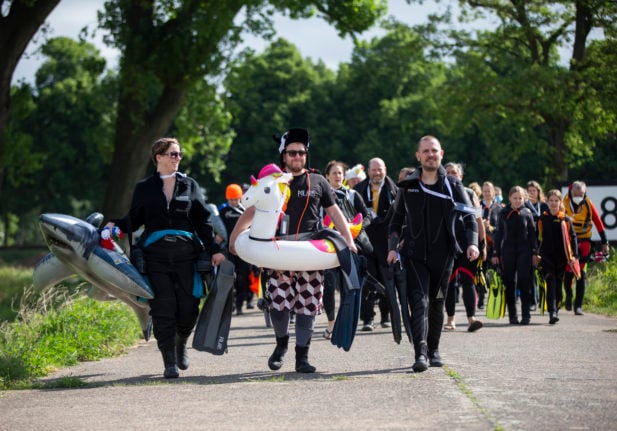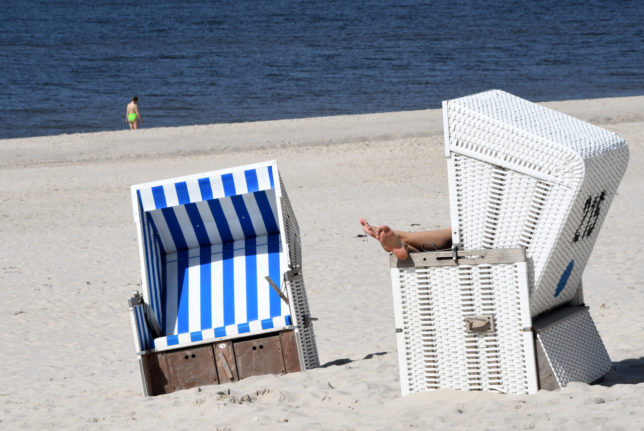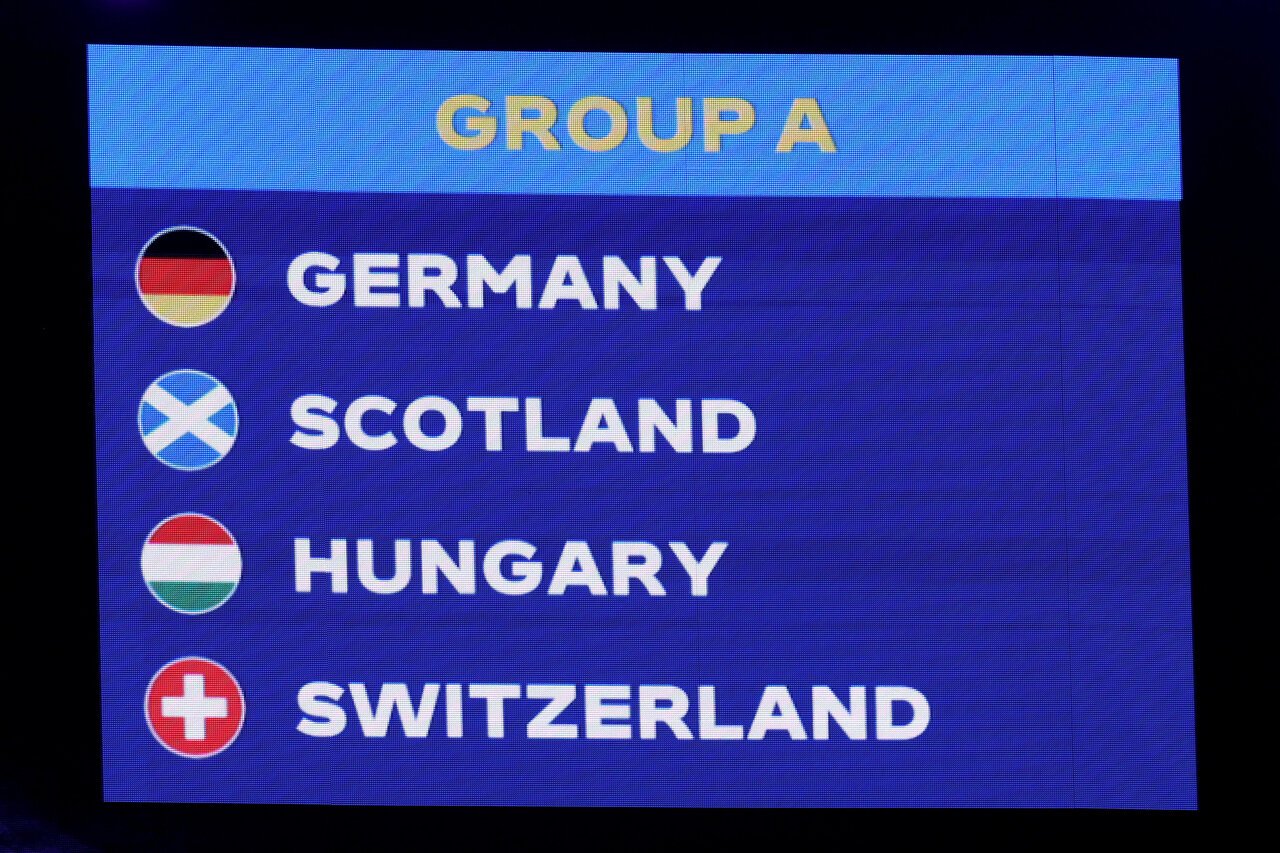Landmark ruling on Germany’s long-term care insurance
If you work in Germany, you only have to glance at your payslip to see just how much of it disappears (hopefully for good reasons) before it hits your bank account. And a court ruling we reported on this week brought up the topic of contributions to society once more. The constitutional court said on Wednesday that parents with more than one child should pay a reduced rate of care insurance – Pflegeversicherung – than those with fewer children, or childless people.
The case was brought to court by hundreds of families who argued that the amount of contributions they pay – like health, pension and long-term care insurance – should be linked to the number of children they have. The argument is that by having children, families are providing people to pay back into the pot later in life. Plus children are more likely to have a role in care for their parents, whereas the state might have to step in earlier for those without children. But critics argue that there’s no guarantee that these things will happen. For instance, children may grow up and move away from Germany, and so then wouldn’t pay into the system.
Wherever you stand on this argument, it’s a hot topic in our ageing society – since the start of this year, childless people in Germany have had to pay 3.4 percent of their income towards social care, while parents pay 3.05 percent of their income. What do you think about it? Let us know by emailing [email protected]. Thank you so much for your emails last week on what you think about the culture of FKK in Germany!
Tweet of the week
Those of you familiar with German bureaucracy won’t be surprised by this tweet! They start them young.
READ ALSO: From Elternzeit to midwives – an American’s view on having a baby in Germany
My firstborn is not three weeks old and has already received his first official communication: a letter from the German tax office 😻 new life, new legal persons 😻
— Thomas Escritt (@tomescritt) May 23, 2022
Where is this?

Photo: DPA/Thomas Banneyer
We applaud these sporty folk who led a special event on Ascension Day on Thursday. Members of the German Underwater Club Cologne (DUC Köln) e.V. are pictured here getting ready for their annual Rhine swim from the Poller Rheinwiesen and under four bridges to the Rheinpark at the Zoobrücke in Cologne. Bravo!
Did you know?
Some people who come to Germany may not be aware of some of the rules of the road. One of our readers, Phil, got in touch to say one of the most common examples is the rules at zebra crossings. “In Germany, it is the law to stop, but in other countries, it is not always a legal requirement,” Phil told us. “What I find amusing but scary is the older generation takes it as their right and will step out onto the crossing even if you are approaching at some speed. They know the law and you must stop. Not everyone knows the law, and telling St Peter at the gates you were right and they were wrong is a bit late.”
Phil also shared an amusing anecdote highlighting the German love of rules. “When we built our house, we used a drone to capture the progress,” he told us. “One day whilst flying, a neighbour appeared at the door who was fully compliant with drone rules and explained to my wife the specific regulations before politely asking us to stop before he called the police.”
Thanks for reading,
Rachel and Imogen @ The Local Germany
This article is also sent out as a weekly newsletter just to members every Saturday. To sign up and get it straight into your inbox just go to your newsletter preferences.




 Please whitelist us to continue reading.
Please whitelist us to continue reading.
Member comments